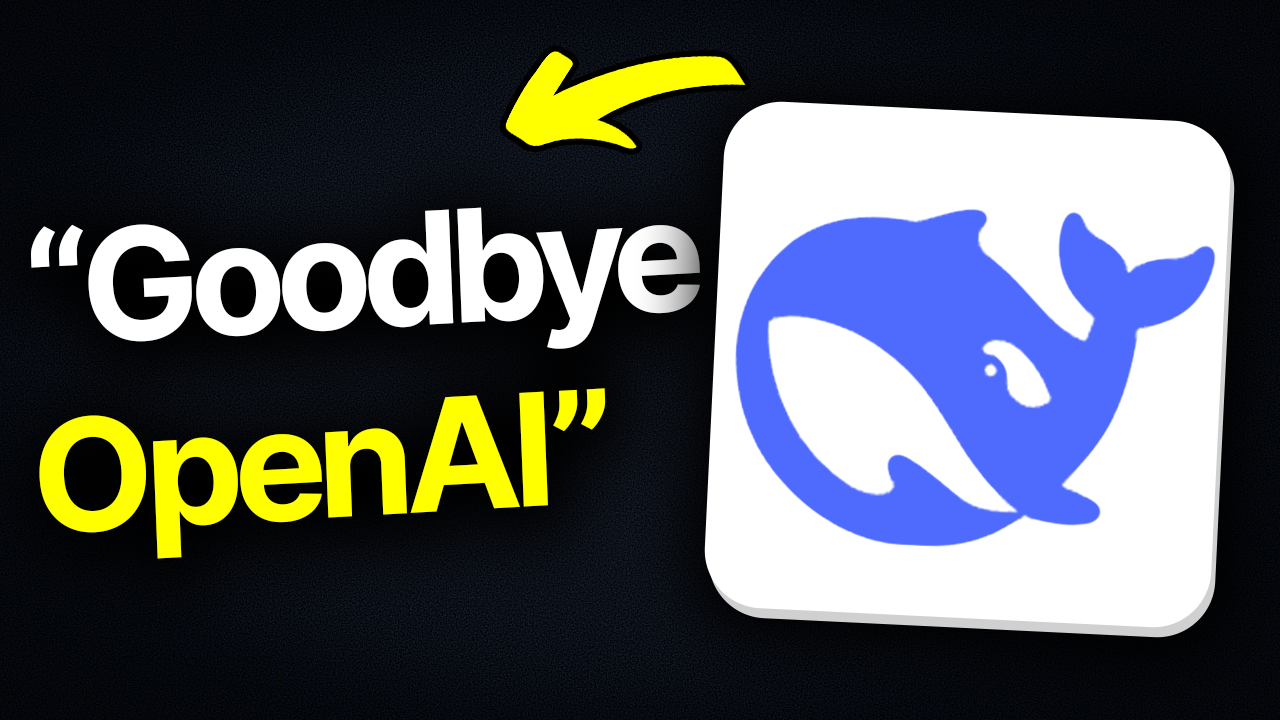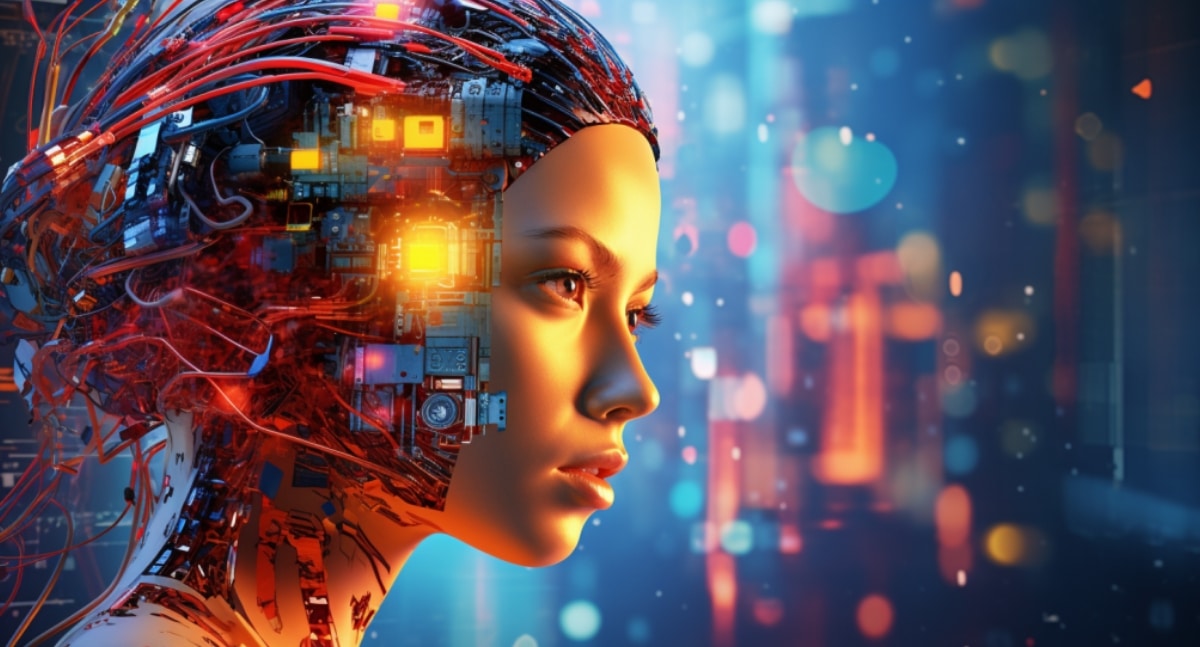Lower-cost AI tools could reshape jobs by giving more workers access to the technology.
- Companies like DeepSeek are developing affordable AI that could help some workers get more done.
- There could still be risks to workers if companies turn to bots for easy-to-automate jobs.
Cut-rate AI may be shaking up market giants, however it's not most likely to take your task - a minimum of not yet.
Lower-cost methods to establishing and training expert system tools, from upstarts like China's DeepSeek to heavyweights like OpenAI, will likely permit more people to acquire AI's efficiency superpowers, market observers told Business Insider.
For numerous workers fretted that robots will take their tasks, that's a welcome advancement. One scary possibility has actually been that discount AI would make it simpler for employers to switch in low-cost bots for pricey humans.
Obviously, that could still take place. Eventually, the innovation will likely muscle aside some entry-level workers or photorum.eclat-mauve.fr those whose roles mainly include recurring jobs that are simple to automate.
Even greater up the food cycle, personnel aren't necessarily devoid of AI's reach. Salesforce CEO Marc Benioff said this month the business might not employ any software application engineers in 2025 since the company is having so much luck with AI representatives.
Yet, broadly, for lots of employees, lower-cost AI is likely to expand who can access it.
As it becomes cheaper, it's easier to integrate AI so that it ends up being "a partner rather of a risk," Sarah Wittman, larsaluarna.se an assistant professor of management at George Mason University's Costello College of Business, told BI.
When AI's price falls, she said, "there is more of a widespread approval of, 'Oh, this is the way we can work.'" That's a departure from the frame of mind of AI being a pricey add-on that employers may have a difficult time justifying.

AI for all
Cheaper AI might benefit employees in locations of a service that often aren't seen as direct earnings generators, Arturo Devesa, photorum.eclat-mauve.fr chief AI designer at the analytics and information business EXL, informed BI.

"You were not going to get a copilot, possibly in marketing and HR, and now you do," he said.
Devesa stated the course revealed by companies like DeepSeek in slashing the expense of developing and carrying out big language models changes the calculus for employers deciding where AI may settle.
That's because, for many big business, such decisions aspect in expense, mariskamast.net accuracy, and speed. Now, with some costs falling, the possibilities of where AI might appear in a workplace will mushroom, Devesa said.
It echoes the axiom that's unexpectedly everywhere in Silicon Valley: "As AI gets more efficient and available, we will see its use skyrocket, turning it into a product we just can't get enough of," Microsoft CEO Satya Nadella wrote on X on Monday about the so-called Jevons paradox.
Devesa stated that more efficient employees will not always reduce need for individuals if companies can establish brand-new markets and new sources of profits.
Related stories
AI as a commodity

John Bates, CEO of software business SER Group, informed BI that AI is ending up being a product much quicker than anticipated.
That indicates that for jobs where desk employees might need a backup or oke.zone somebody to confirm their work, affordable AI might be able to action in.
"It's excellent as the junior knowledge employee, the thing that scales a human," he said.
Bates, thatswhathappened.wiki a former computer system science professor at Cambridge University, stated that even if an employer currently planned to utilize AI, the decreased expenses would boost return on financial investment.
He also stated that lower-priced AI might give small and medium-sized companies simpler access to the innovation.
"It's just going to open things approximately more folks," Bates stated.
Employers still need human beings
Even with lower-cost AI, human beings will still have a location, stated Yakov Filippenko, CEO and creator of Intch, which helps professionals find part-time work.
He said that as tech firms compete on cost and drive down the expense of AI, numerous companies still will not be eager to remove employees from every loop.
For example, Filippenko said business will continue to need developers due to the fact that someone has to verify that brand-new code does what a company wants. He stated business hire recruiters not simply to finish manual labor; managers likewise want a recruiter's viewpoint on a prospect.

"They spend for trust," Filippenko stated, describing companies.

Mike Conover, CEO and creator of Brightwave, a research platform that uses AI, told BI that a great portion of what individuals do in desk jobs, in specific, consists of jobs that could be automated.

He stated AI that's more widely readily available since of falling expenses will allow humans' innovative capabilities to be "maximized by orders of magnitude in regards to the elegance of the issues we can solve."
Conover believes that as costs fall, AI intelligence will also spread out to much more locations. He stated it's comparable to how, decades earlier, morphomics.science the only motor in a car might have been under the hood. Later, as electrical motors shrank, they appeared in locations like rear-view mirrors.
"And now it's in your tooth brush," Conover stated.
Similarly, Conover stated omnipresent AI will let professionals create systems that they can customize to the requirements of tasks and workflows. That will let AI bots deal with much of the dirty work and enable employees ready to try out AI to handle more impactful work and perhaps move what they're able to concentrate on.



